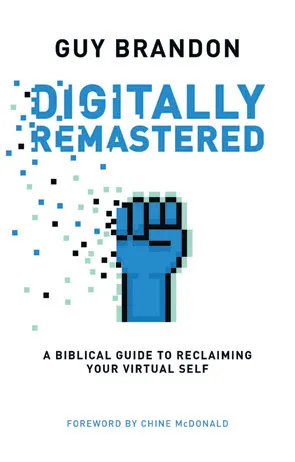DIGITALLY REMASTERED:
A biblical guide to reclaiming your virtual self
By Guy Brandon
Jubilee Centre. 164 pages. £9.99
ISBN 978 1 910 012 76
The author, who is a research director for the Jubilee Centre (a Christian ‘think tank’ based in Cambridge), opens this book by looking at digital currency, the best know of which is Bitcoin.
This is an area that he has researched and consulted in. His description of the technology is clear and helpful and his examples insightful. In particular, the details of how a technology which was developed to democratise international payments (avoiding costs and controls imposed by the financial world) has led to abuses and formed a platform for criminal activity, since Bitcoin payments cannot be traced in the same way as regular currency.




